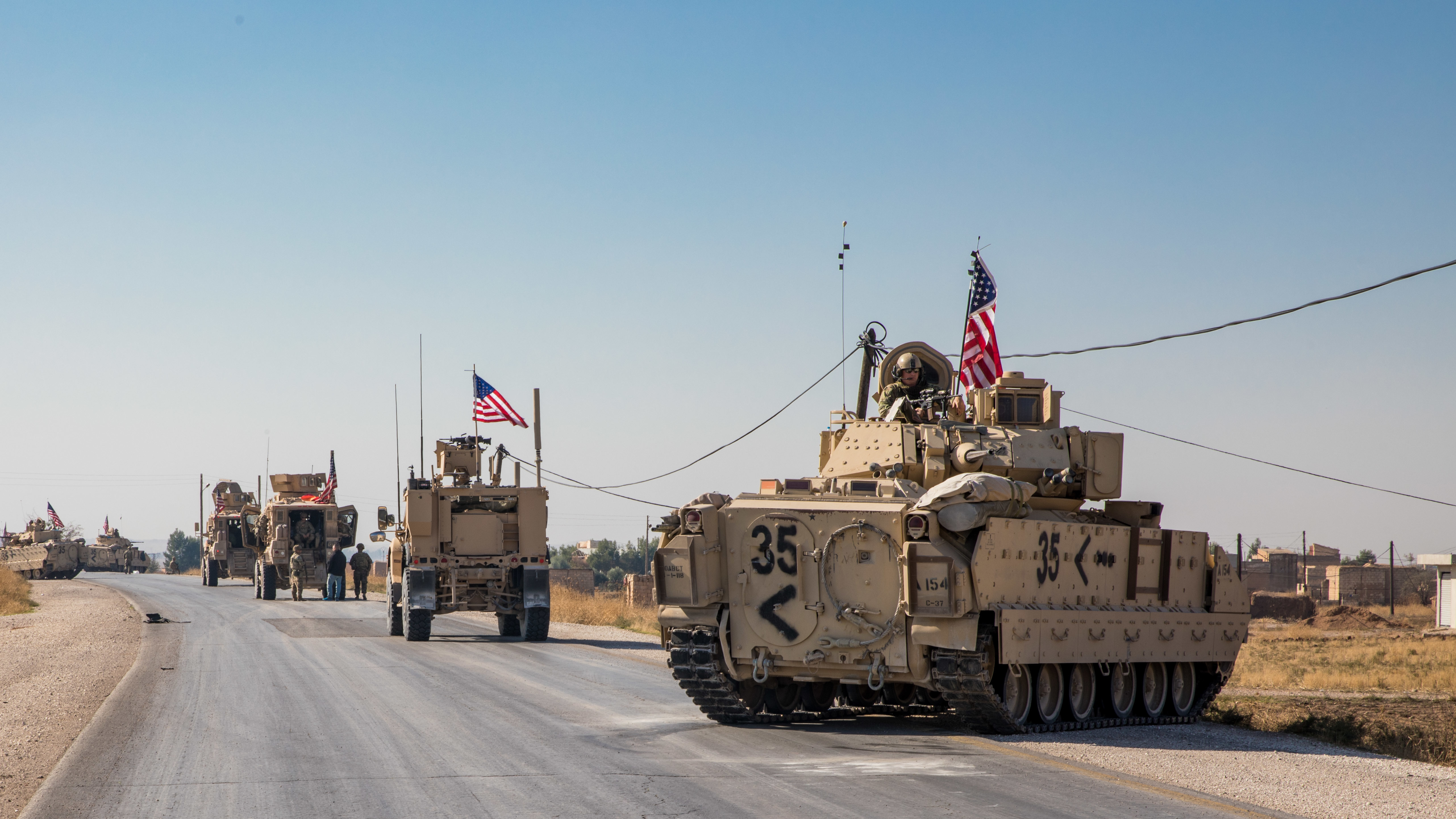In the New York Times, Trump’s troop withdrawal from northern Syria was heavily criticized as a betrayal of Syrian Kurds who had previously allied with the United States to fight in the war against the Islamic State. Prior to the Syrian withdrawal, Trump’s precipitous calling off of an American airstrike on Iran after it downed an American drone in the Persian Gulf was seen as simply precipitous. While Trump vilifies the mainstream media, his attacks on the media have created a partisan narrative that criticizes his actions in just any possible regard—sometimes in overtly prejudiced ways. To analyze how media partisanship manifests itself, consider the following two New York Times articles that came in the wake of Trump’s withdrawal from northern Syria.
Following Trump’s withdrawal from northern Syria, the ‘news analysis’ section of the New York Times published an article: “Trump Followed His Gut on Syria. Calamity Came Fast.” The writer, David Sanger, asserted that Trump’s move “emboldened Russia, Iran and the Islamic State.” Even though Trump’s withdrawal from Syria, indeed, came abruptly, media narratives that followed the withdrawal were even less reasonable. While Iran, Russia, and ISIS are American enemies, they are not allied with each other. Iran and Russia have as strong an incentive to battle ISIS as the United States. The cliched vacuum that was created by America’s withdrawal could not have been filled in by Iran, Russia and the Islamic State because both Iran and Russia have taken an active role in the fight against ISIS. In rhetoric, it is appealing to broad-brush politics as a game in which there are only winners and losers, as is reflected in a similar New York Times analysis: “Winners and Losers in Trump’s Troop Withdrawal From Syria.” Its author, Megan Specia, simplifies the Syrian question into a mere game, in which Trump’s withdrawal meant an immediate victory for “President Bashar al-Assad of Syria, along with Russia and Iran.” In the same vein, Specia refers to the Syrian Kurds as “the losers.”
Even though Syrian Kurds were severely affected in the wake of a Turkish incursion into Syria’s territory, the withdrawal was not a “gift for Putin,” which is how writers Ben Hubbard, Anton Troianovski, Carlotta Gall and Patrick Kingsley of the New York Times described the situation. Similarly, Anton Troianovski of the New York Times wrote: “President Trump’s erratic moves are letting Russia seize the role of peacemaker — and deal-maker — in Syria.” Such an analysis is a broad generalization of a convoluted war. While Russia is an arch rival for the United States, its interest in Syria aligns more closely with that of the United States than how the mentioned writers perceive Russia’s role in Syria. While Russia is allied with Syrian President Bashar al-Assad, its active role in the fight against the Islamic State cannot be overlooked. Currently, Syria, Russia, and Iran can play a more pivotal role in stabilizing a tumultuous region in the Middle East than the United States in the wake of American policy failures in Syria.
David Sanger’s understanding that Trump relied on “his instincts, and his relationships” to pull from Syria may be true. Yet, the withdrawal itself drew more news outrage than the years preceding American failures in Syria. Following the withdrawal, Syrian Kurds welcomed the Syrian Army led by President Assad to fend off the Turkish incursion. In the longer term, an alliance between Syrian Kurds and the Syrian Army is more sustainable and geopolitically feasible than an indefinite presence of American troops to protect the Kurds. In foreign policy, America need not win to not lose.
What is good for Russia in Syria is not always bad for America: The Russian air-campaign that played an important role in dismantling ISIS networks benefited America as well. The assumption that the pulling of a few hundred troops from Syria would instantly boost ISIS overlooks all other actors in the region, and places the United States in a moral high-ground as the stabilizing force in Syria, and more generally, in the Middle East. While the United States led an international offensive against the Islamic State in Syria, its support for rebel groups such as Jabhat al-Nusra and Ahrar al-Sham only exacerbated the Syrian conflict. Since there is only a slight prospect, if any, of Assad leaving office, the Kurdish question can only be resolved if there is a reconciliation among the major stakeholders in Syria: Russia, Iran and President Assad. To the extent that the role of these actors in stabilizing Syria is ignored, prospects for peace would only wane further.
Photo: Image via U.S. Army
